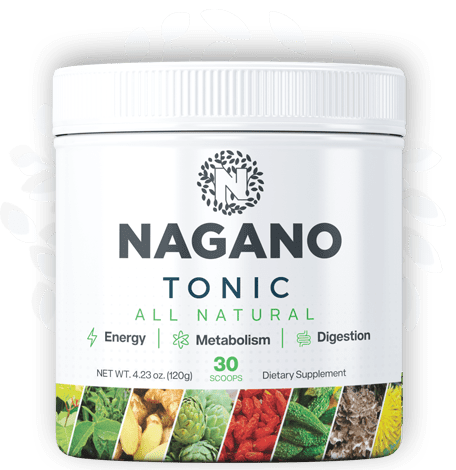Walking is one of the simplest and most accessible forms of exercise, yet its health benefits are profound and wide-ranging. Regular walking can significantly improve physical health, mental well-being and overall quality of life. Below, I explore these benefits in detail. Physical Health Benefits 1. Cardiovascular Health : Walking regularly strengthens the heart and improves circulation. It helps reduce blood pressure and cholesterol levels, which are critical for preventing heart disease. A brisk walk can elevate heart rate, promoting better blood flow and oxygen delivery throughout the body. 2. Weight Management : Walking is an effective way to burn calories, making it a great option for weight management or weight loss. Depending on the intensity, a person can burn about 150-300 calories during a 30-minute walk, which can contribute to the calorie deficit needed for weight loss. 3. Bone and joint health : Weight-bearing exercises like walking help maintain bone density and red...
PREVENTIVE HEALTH CARE, NUTRITION






Comments
Post a Comment